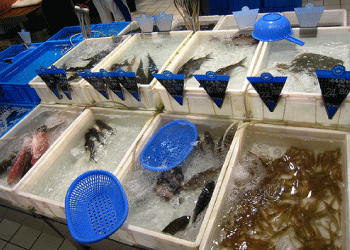The old adage, “Think global, act local” holds truer than ever. Yes, the BRICs are in many ways homogenizing with the rest of the world, and consumers in these markets are embracing Western products and concepts, but they each still have unique histories, cultures, and characteristics that must be understood and appreciated.
Take Carrefour for example. Although Carrefour is world-class in terms of its size and resources, it has chosen to adapt its concept to local culture and consumer habits. In China, rice is sold in bulk, and a special infrastructure has been set up to sell live fish and sea food—both common practices in Chinese food outlets.
Sephora learned from its mistake in Japan, where it applied its usual fragrance-focused merchandising in a country that places little value on fragrance. This ultimately contributed to its failure and exit from the country. Now as Sephora expands in China and other Asian markets, its emphasis is on skin care and in-store treatments, illustrating its new appreciation of local needs. Sephora is now doing so well in China that it plans to more than double its door count by 2010.
The retailers that have taken local nuances into consideration have been the most successful, and we expect this to hold true for the foreseeable future.
Thank you for sharing!











